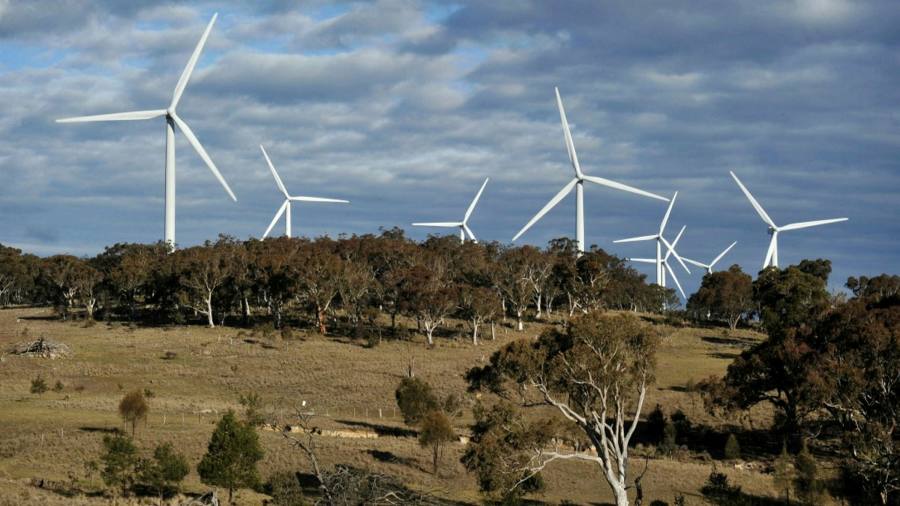[ad_1]
Almost half of FTSE 100 companies have linked executive pay to environment, social or governance (ESG) targets as investors step up demands for companies to adopt these non-financial goals in the upcoming annual general meeting season.
Just over a third have an ESG measure in their bonus plans, with an average weighting of 15 per cent of this payout linked to meeting these goals. About one in five in the FTSE 100 include such targets in their long-term incentive plans (LTIPs).
However, nearly half of ESG measures used in judging CEO pay are not deemed ‘material’ to shareholder value, according to a report from London Business School and PwC. The report uses materiality measures set out by the Sustainability Accounting Standards Board, the independent standards-setting organisation.
Tom Gosling, executive fellow at London Business School’s Centre for Corporate Governance, said this was “strikingâ€, adding that it “will be interesting to see how this plays out over time as most investors are making it clear they expect companies’ ESG activities to focus on the areas that contribute to long-term shareholder valueâ€.Â
The most commonly used factor for determining bonuses was based on social goals such as diversity and employee engagement, while for long-term incentives it was the environment.Â
The report also found that ESG targets were shifting from traditional areas such as employee engagement and risk — which tend to link fairly directly to shareholder value — towards newer and broader stakeholder concerns around the environment, sustainability and diversity.
The report, which analysed pay plans in FTSE 100 annual reports published in 2020, said about 45 per cent of companies were using ESG measures for their pay, a rise of about 10 per cent compared with 2019.
Investors are increasingly demanding that management build in ESG targets to pay agreements, with companies’ behaviour towards such non-financial goals set to be a focus in this year’s annual general meetings. Many companies have started holding investor days specifically for their ESG plans.
Phillippa O’Connor, reward and employment leader at PwC, said there had been an “explosion in interest from investors and companies in linking executive pay to ESG targetsâ€.Â
Broader societal concerns, such as climate, inclusion and diversity, reflect boards’ broader view of “responsibilities to stakeholders, as required by the UK Corporate Governance Code and the Companies Actâ€, she said.Â
Cevian Capital, the activist fund manager, last month said all the European listed companies in which it invests should incorporate ESG metrics into executive pay. These should be significant, measurable and transparent, the Swedish group said, stressing that ESG factors are important to protect and create value for shareholders and stakeholders.
But there are still concerns among investors about how companies are measuring ESG goals — for example, by linking pay to health and safety, or using vaguely defined messaging or scorecards.
The report, which will be published on Wednesday, also warns of potential unintended consequences in translating ESG goals into company targets.
Gosling said companies should not automatically include ESG targets in pay. “There are lots of practical difficulties, and scope for unintended consequences†such as distorted incentives and measurement challenges. “There’s a risk that more ESG targets simply results in more pay, due to the difficulty of knowing how stretching these targets are,†he added.
[ad_2]
Source link





